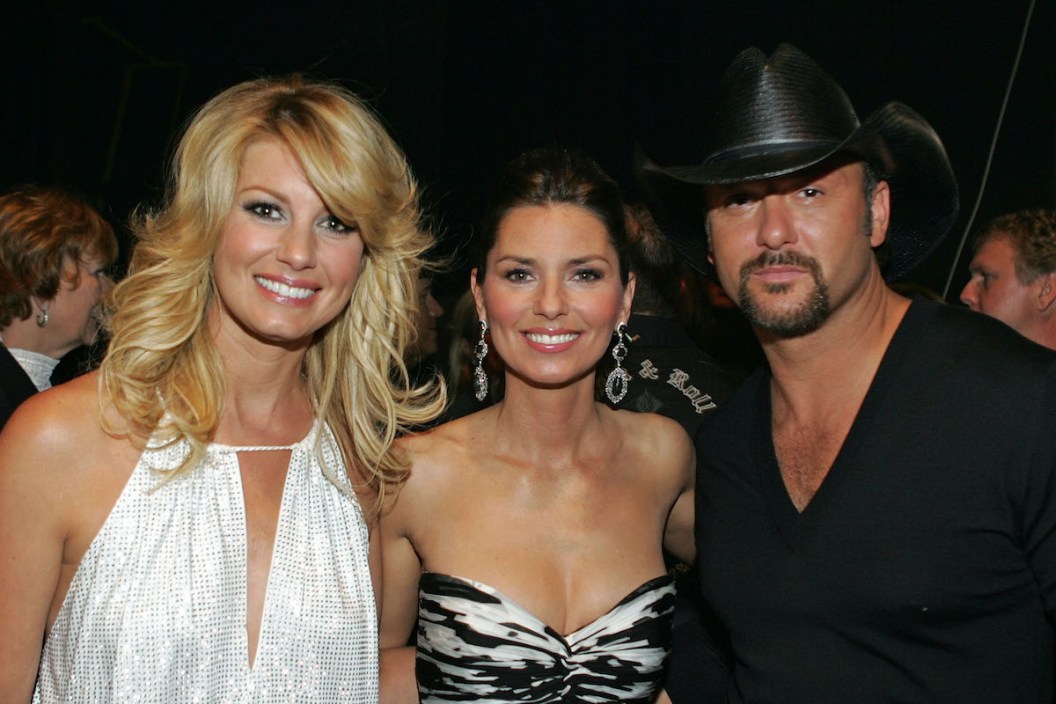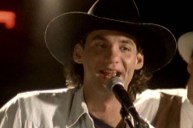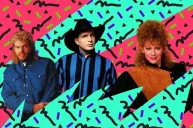Like country music itself, '90s country is nearly impossible to define, with answers to that question swayed by one's personal tastes. What muddies the waters more is the sheer variety of sounds heard back then on country radio. Before corporate conglomerates made the country charts way more predictable, acts ranging from from salt of the earth song interpreter Patty Loveless to raucous country rockers the Kentucky Headhunters appeared in the same rotations as those more closely associated with the neo-traditional '90s country sound.
Videos by Wide Open Country
Regardless of how you might sum up the '90s country phenomenon, the following 15 acts' voices and songs best sum up many fans' memories of a special time. Some that could've been considered here had greater success before (Dolly Parton, Alabama) or after (Trace Adkins, Toby Keith, Kenny Chesney) the '90s country boom. Others (Ty Herndon, Chely Wright, Cleve Francis) now represent something way more important than the often-fleeting chart success that's used to measure the following selections' greatness.
Lately, '90s country has come to represent more than a different time in pop culture. Its tropes inform the country hits of today more so than before, whether Blake Shelton's sporting a mullet and line-dancing in a music video or Cole Swindell's singing the praises of Jo Dee Messina in a Billboard chart topper. Everything old is new again -- which is normal in the cyclical history of country music.
Read on for our list of the 15 best vocalists and storytellers —18, if you count each member of Brooks & Dunn and The Chicks— from a highly revered time in country music history.
Deana Carter
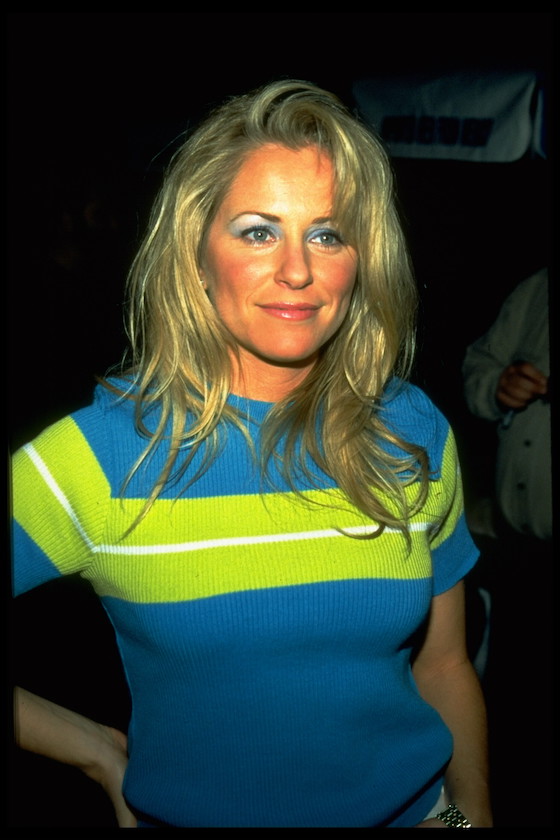
Ron Wolfson/Getty Images
Decade-defining story-song "Strawberry Wine" alone makes Carter a huge influence on today's '90s-crazed country superstars. Yet her greatness goes much deeper, from the sarcastic title track of debut album Did I Shave My Legs For This? to No. 1 hit "How Do I Get There," which introduced hip-hop drum loops to Nashville long before anyone had uttered the term "bro-country."
Martina McBride
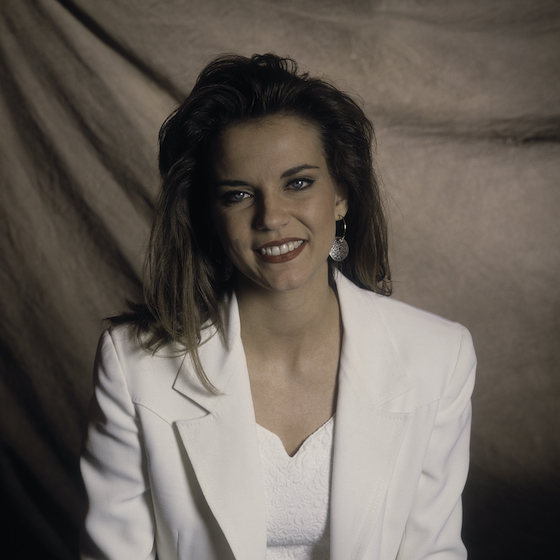
Paul Natkin/Getty Images
Though second album The Way That I Am (1993) barely cracked the Billboard Top Country Albums chart's Top 15 upon its release, it went on to become the first of McBride's seven straight platinum-selling albums. That's due in large part to another slow-starter with staying power. "Independence Day" stalled at No. 12 before going on to become McBride's signature song. From then on, success was rarely delayed for one of the '90s and early aught's most dynamic performers.
John Michael Montgomery
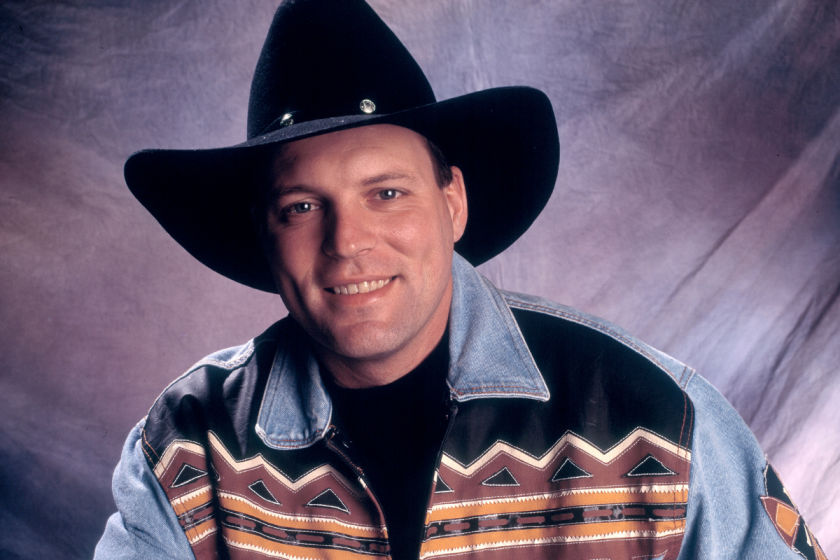
Paul Natkin/Getty Images
Montgomery's rapid-fire delivery made "Be My Baby Tonight" and "Sold (The Grundy County Auction Incident)" stand out in a golden age of party songs. He could also sing ballads with the best of them, as evidenced by the equally ubiquitous "I Swear" and "I Can Love You Like That." As importantly, he brought us multiple stacked albums in a singles-driven genre, namely the multi-platinum Kickin' It Up (1994) and John Michael Montgomery (1995).
Trisha Yearwood
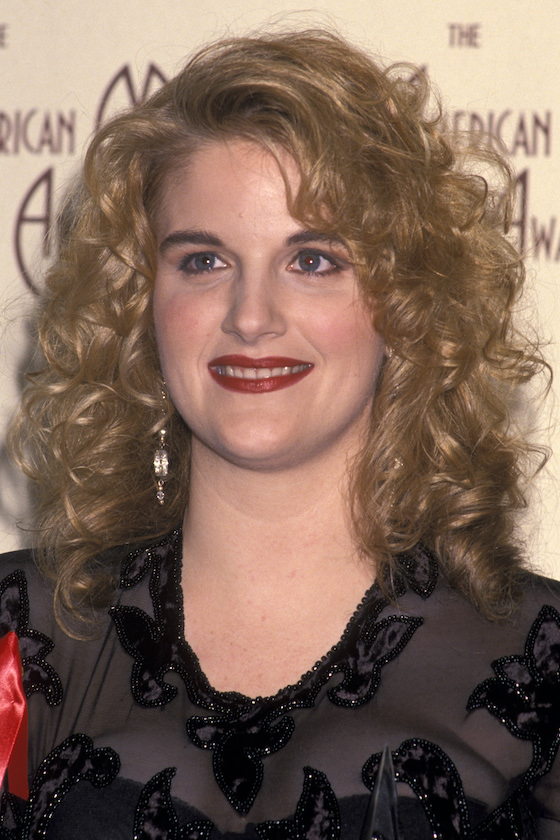
Ron Galella/Ron Galella Collection via Getty Images
Women got decent billing back then --compared to now, certainly-- in country music, which benefitted such undeniable talents as Yearwood. The powerhouse vocalist's debut single, "She's in Love With the Boy" alone makes her stand out still in a field that included teenage sensation (and fellow "How Do I Live" singer) LeAnn Rimes and second-generation talents Pam Tillis and Lorrie Morgan.
Faith Hill
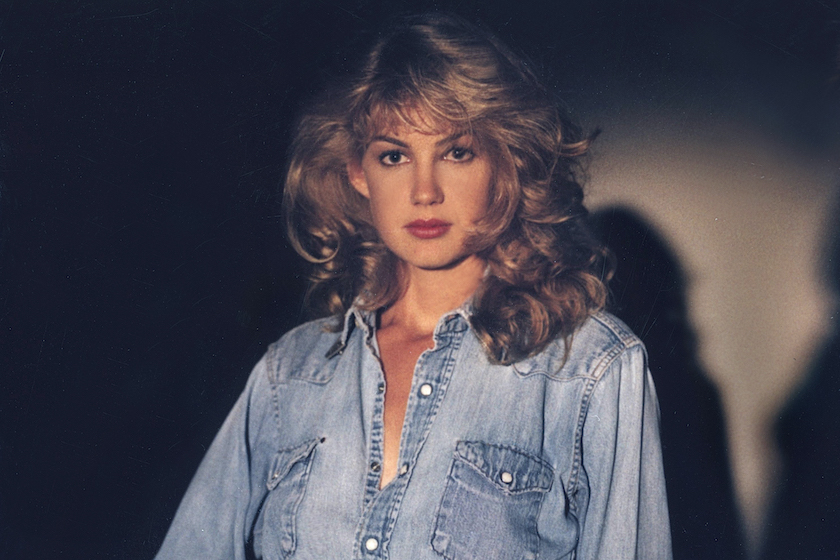
Aaron Rapoport/Corbis/Getty Images
Hill started strong in the mainstream, landing three No. 1 singles across her first two albums, Take Me As I Am (1993) and It Matters to Me (1995). She rode the crossover wave as the decade ended with the even greater success of Faith (1998) and Breathe (1999). And of course there's few songs from the '90s with as much staying power as "This Kiss."
Tim McGraw
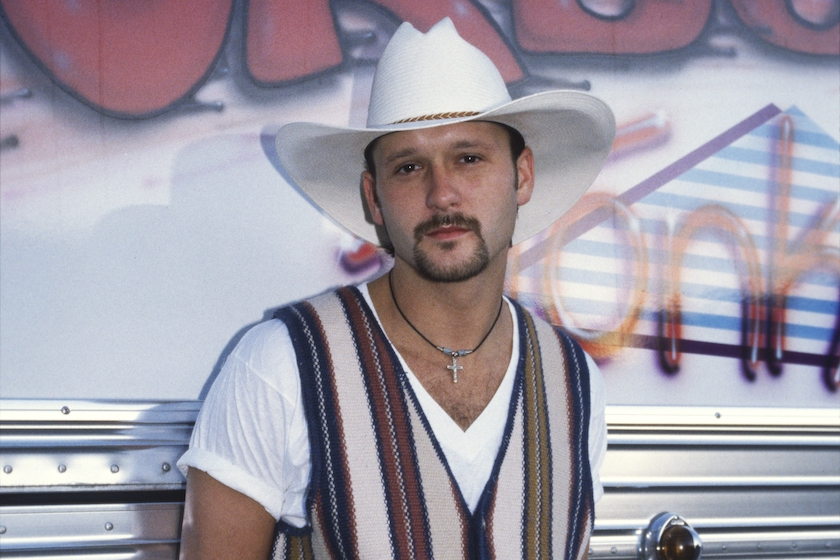
Tim Mosenfelder/Getty Images
A run of success that continues nearly 30 years since McGraw's big-label debut began in grandiose fashion. Like Montgomery, Joe Diffie and other contemporaries, McGraw showed range, building a reputation with both carefree ("I Like It, I Love It") and heartfelt ("Don't Take the Girl") material. He adapted and thrived as country music shifted from its "hat act" phase to the crossover sound from the dawn of a new millennium.
Vince Gill
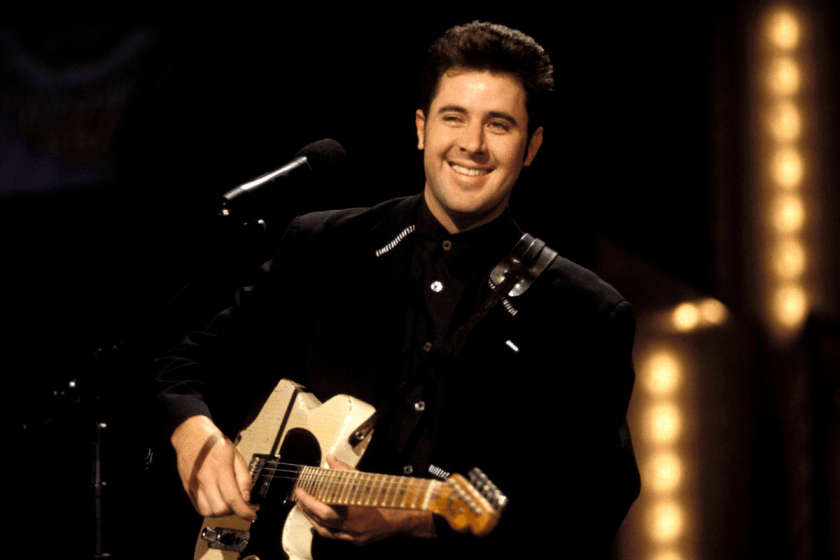
Photo by Beth Gwinn/Redferns
Gill's greatness as a singer-songwriter hasn't been confined to one decade. After all, breakthrough album When I Call Your Name arrived in 1989, and he's won eight of his 22 career Grammy awards since 2000. Yet this rundown would be lacking without considering the touch of class the Oklahoma native's smooth tenor vocals brought to the '90s country variety platter.
Reba McEntire
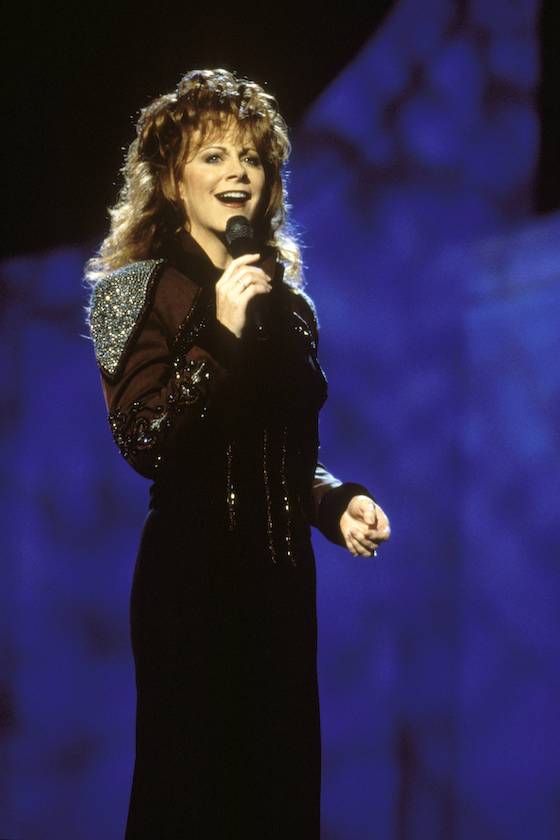
Beth Gwinn/Redferns
Like Gill, McEntire mattered before the '90s, and she was far from finished as a multimedia celebrity in the new millennium. Still, many of her most-loved recordings, from "Fancy" to "Why Haven't I Heard From You"," hit radio playlists and Waffle House jukeboxes during the decade in question.
George Strait
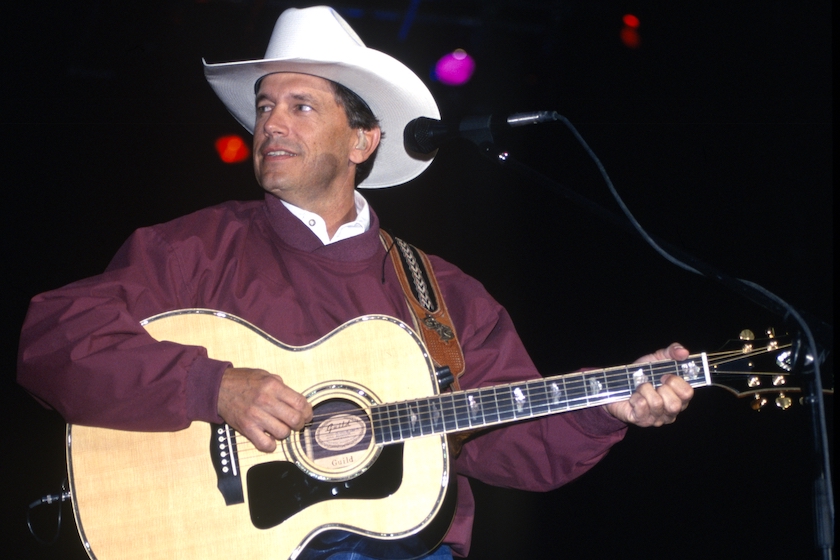
Tim Mosenfelder/Getty Images
Strait is yet another '80s megastar whose '90s contributions made him a Country Music Hall of Fame shoo-in. His 17 No. 1 hits in the decade began with spiritually-uplifting story-song "Love Without End, Amen" and culminated with one of his finest recordings, "Write This Down." Through it all, he represented Texas' own brand of country artists to a global audience.
Alan Jackson
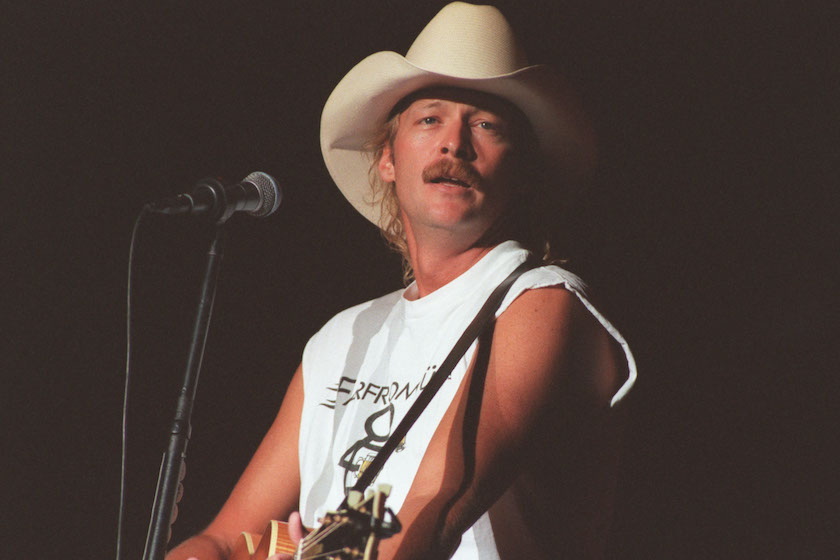
DUANE BRALEY/Star Tribune via Getty Images
Just as Randy Travis had done in the '80s, Jackson kept things country by the strictest definition. As a result, he was an even better representation of traditional country and classic honky tonk sounds than such rock-loving peers as Dwight Yoakam, Travis Tritt and Clint Black.
Wynonna Judd
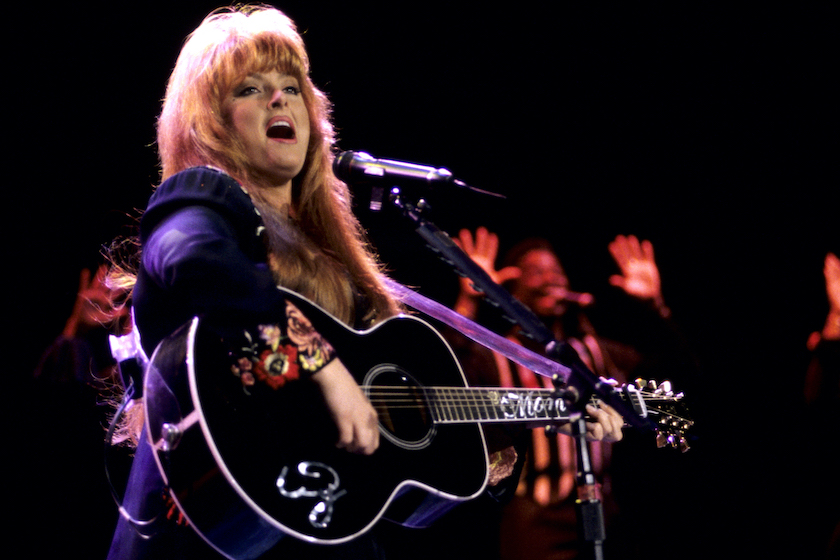
Tim Mosenfelder/Getty Images
As a solo artist, Wynonna transitioned from the acoustic-driven duets of The Judds —alongside her late mother, Naomi Judd— to the more pop and rock-informed belters heard on the era-defining studio albums Wynonna (1992) and Tell Me Why (1993). Plus, she's among the genre's all-time best live performers.
Brooks & Dunn
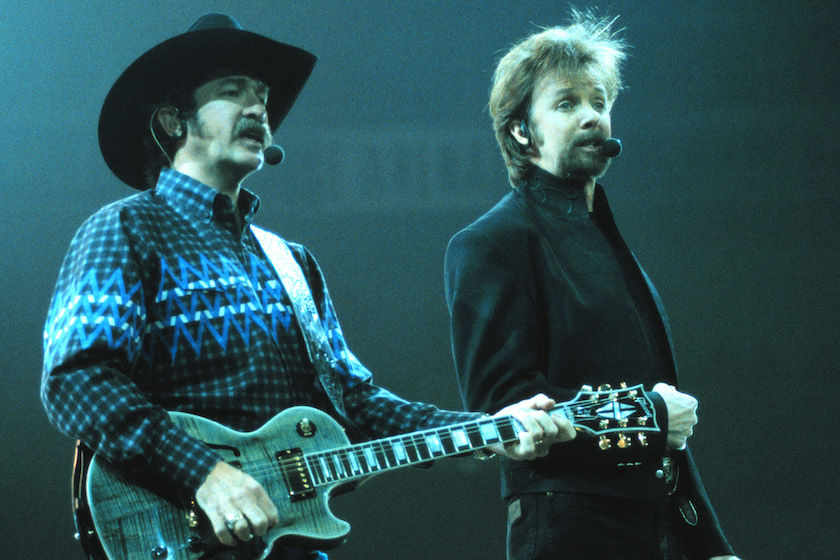
Tim Mosenfelder/ImageDirect
When considering the best pure country singers of the '90s, there's no way to skip past Ronnie Dunn. Don't sleep on Kix Brooks, though, as a harmony and lead vocalist in what's more than a dream team of Nashville songwriters. Together, the duo forever changed country stage shows and small-town line dancing nights.
The Chicks
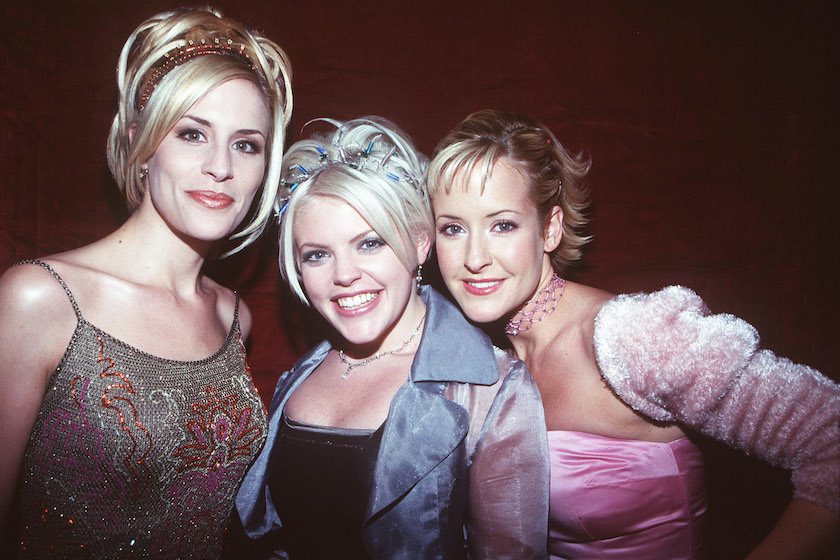
Ron Wolfson / Contributor
The country, folk, bluegrass and pop-informed trio formerly known as The Dixie Chicks had it all: memorable songs, killer harmonies and a cool image. No wonder the group ended the decade with as much momentum as any act in any popular genre.
Shania Twain
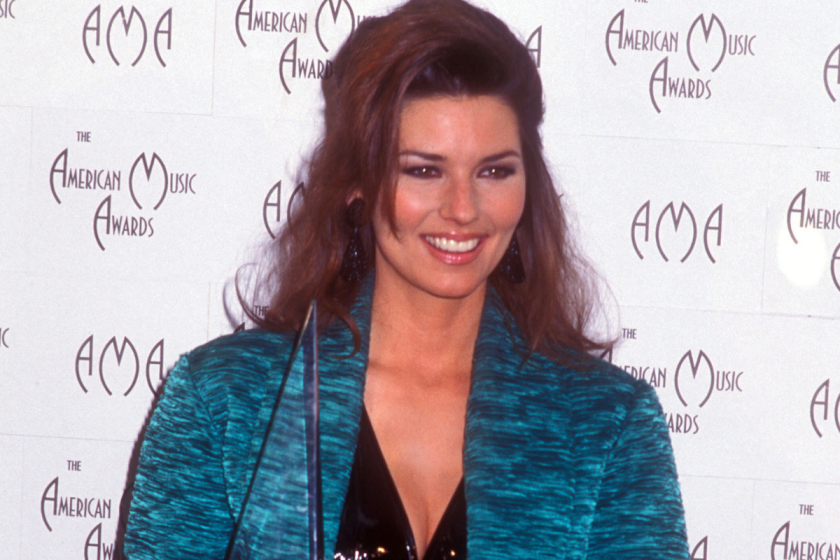
Barry King/WireImage
A Canadian export who'd become a global crossover sensation, Twain needs no introduction. In fact, it's fair to speculate that there's few songs by any pop contemporary that's as instantly recognizable to as wide a range of people as "Man! I Feel Like a Woman."
Garth Brooks
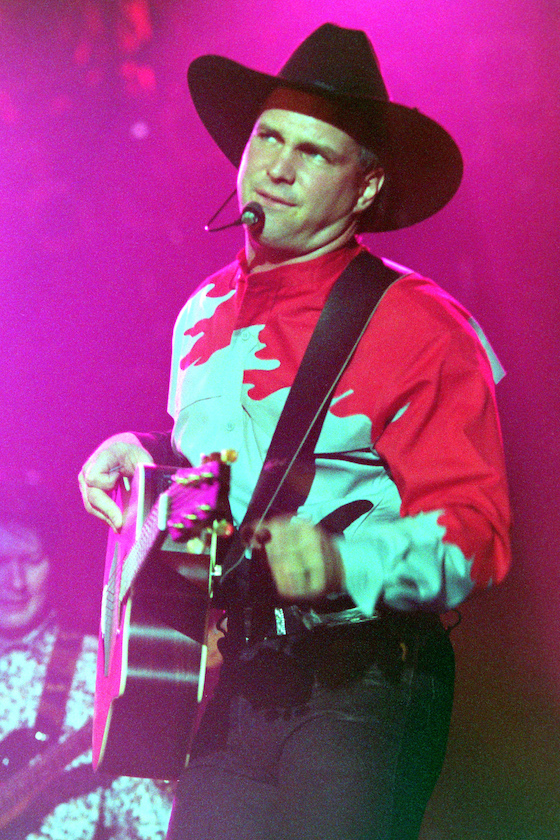
Dave Hogan/Getty Images
There should be no debate about who's the definitive country star in the '90s nostalgia galaxy. Brooks spread the already decades-old country-pop formula farther and wider than any artist before or sense. To this day, his stadium stompers ("Friends in Low Places") and emotional ballads ("The Dance") convert some of the most hardened cynics into country music fans.
